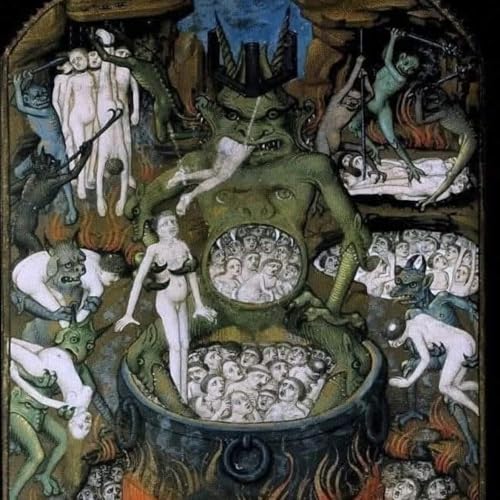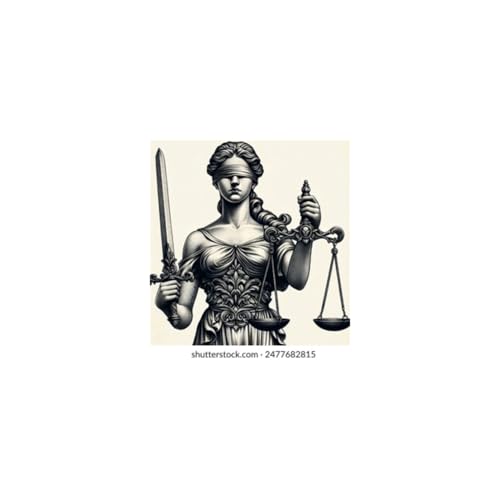contemporary scholars of comparative politics have largely downplayed the moderating role of a crucial variable such as “political culture” in explaining democratization in African states. As a result, explanations of emerging democracies in Africa have remained incomplete, failing to understand and accurately predict the patterns and outcomes of electoral governance with respect to non-violent, acceptable, ‘free and fair’ elections. This presentation critically examine the nature and limits of employing a combination of theoretical frameworks (including formal historical and rational choice institutionalism, and other informal electoral institutions and political culture) in accounting for the effectiveness of electoral institutions and rules, as well as how they persist and change with respect to democratization in Africa. In this light, there is the need to take stock of the vast growing literature and examine the ‘pros’ and ‘cons’ of extending and clarifying them, in order to improve our scholarly understanding of political development in Africa. In short, this holistic approach greatly advances both the theoretical and empirical realms in the field of democratization as well as serve as an effective guide for scholars and policymakers interested in deepening of democratic governance in Africa.
 Nov 28 20257 mins
Nov 28 20257 mins 3 mins
3 mins 2 mins
2 mins 13 mins
13 mins

